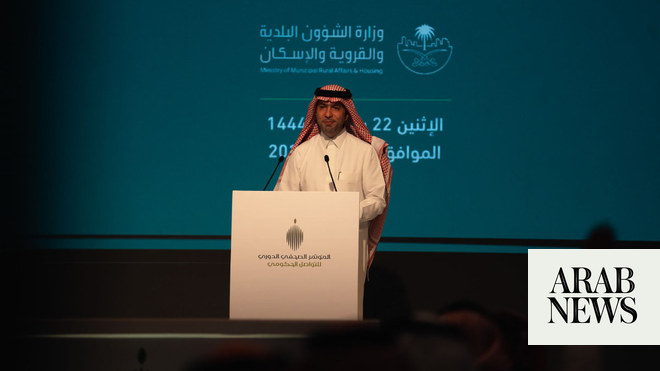
Saudi Arabia and Kuwait have agreed to resume oil production in their shared neutral zone more than five years after production was suspended. Illustratively, we have seen the constructive visit of the Saudi energy minister to oil sites in the neutral zone reaffirming the resumption of output.
In the four months since Prince Abdul Aziz bin Salman assumed the energy portfolio, he has managed a series of events efficiently and effectively. We have also seen adjustments and corrective changes, with a significant resolution of many stagnant files in the Saudi energy sector.
One of the longest-running cases follows the suspension of crude oil production from the neutral zone along Kuwait’s southern border with Saudi Arabia since October 2014 due to environmental and technical reasons.
Production came to a halt mainly because the joint operations were burning large amounts of gas associated with oil output. In the intervening years modern plants have been constructed to benefit from the gas and take advantage of it via pipelines to both countries.
At the same time, some gas is compressed and pumped into reservoirs to increase pressure underground so that even more oil can be squeezed out.
The neutral zone’s oil output is controlled evenly by Saudi Aramco and Kuwait Petroleum Corporation (KPC). Both have started development of offshore and onshore assets in the neutral zone through a joint venture, Al-Khafji Joint Operations.
This is a partnership between Aramco Gulf Operations Company and Kuwait Gulf Oil Company, both units of Saudi Aramco and KPC, respectively.
The joint venture began in 2000 and handles oil output of about 500,000 barrels per day (bpd) through onshore and offshore fields. The offshore Al-Khafji field produces around 300,000 bpd, while the Al-Wafra field has a capacity of about 200,000 bpd.
Both produce the medium-grade crude required by the most sophisticated refineries with medium and heavy grades currently in tight supply.
The resumption of this type of medium sour crude grade comes at a time when the global oil market is thirsty for the type of oil these two fields produce.
Since Saudi Arabia and Kuwait are founder members of OPEC and are undergoing output cuts, once production resumes in these fields, oil output from other fields will be balanced to accommodate the additional barrels, leaving both countries’ commitments unaffected.
Some have mistakenly argued that the suspension of oil output from the neutral zone was due to political reasons or because of disagreements over its management.
However, the historical relationship between Saudi Arabia and Kuwait remains strong. So the factors that have affected production are technical rather than political in nature. And when production does resume, it must be properly managed and support the broader strategy of OPEC as it seeks to keep the market in balance.
• Faisal Faeq is an energy and oil marketing adviser. He was formerly with OPEC and Saudi Aramco. Twitter:@faisalfaeq
Disclaimer: Views expressed by writers in this section are their own and do not necessarily reflect Arab News" point-of-view










